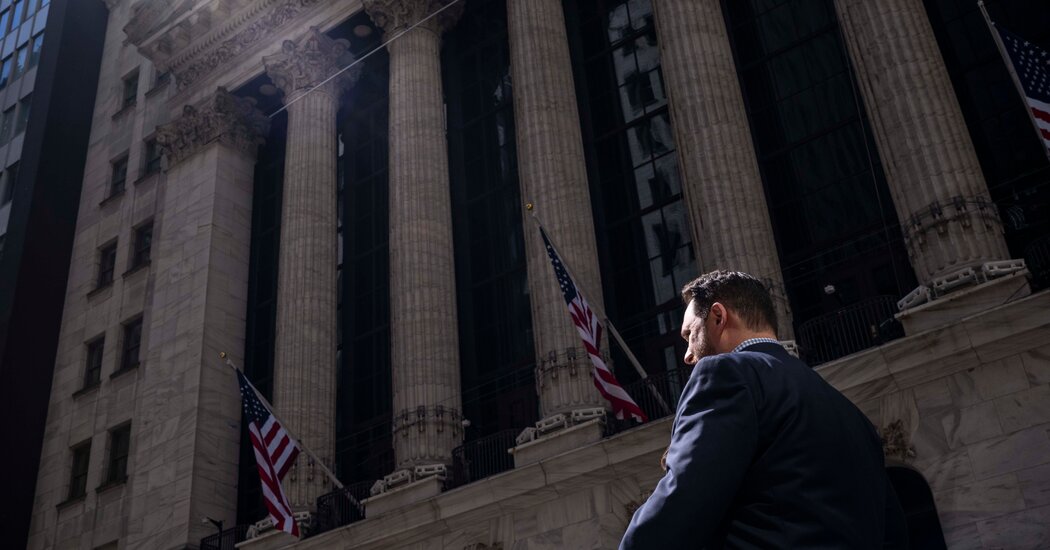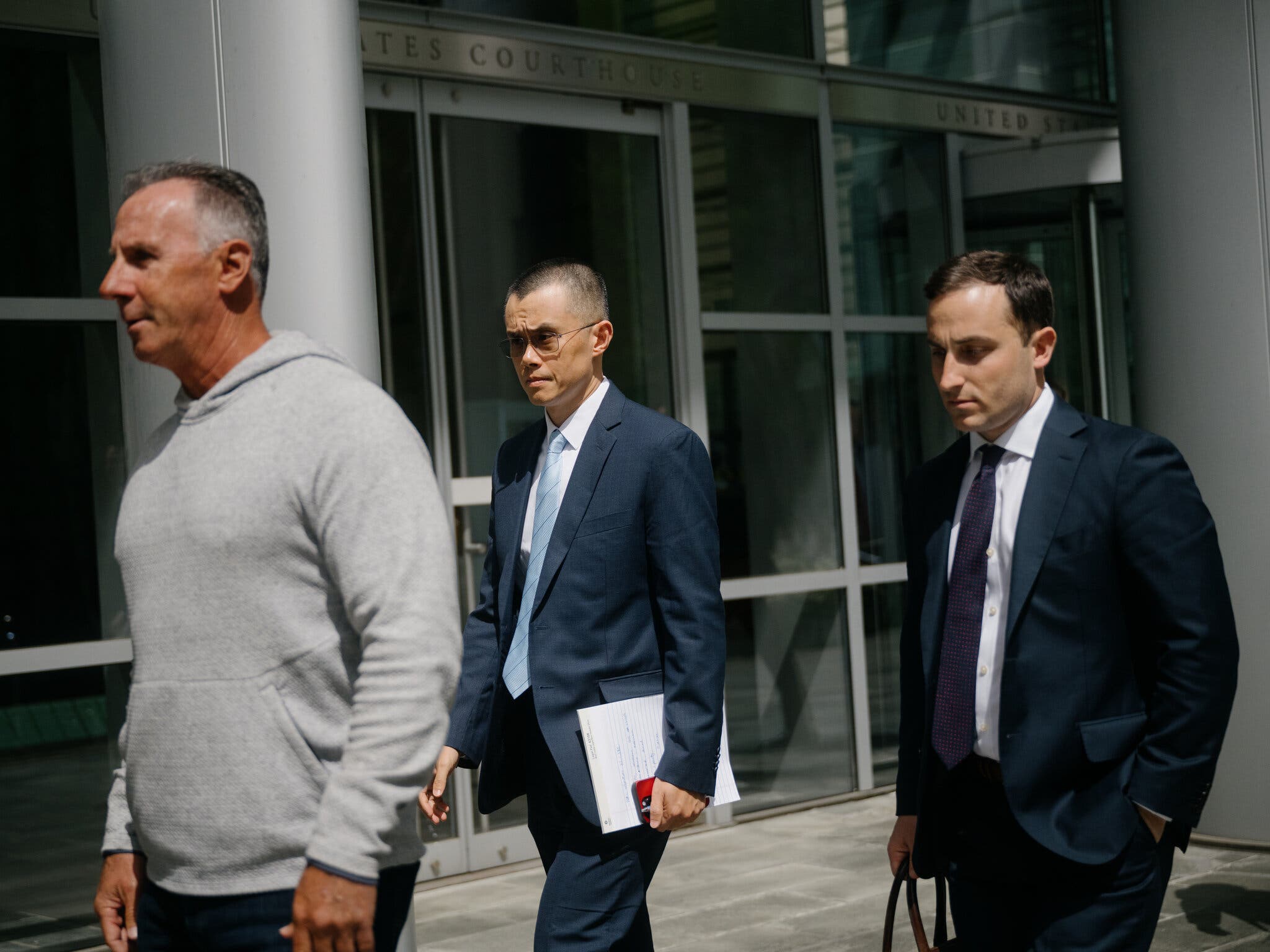President’s Comments: Market Manipulation or Reassurance?
The article begins by questioning whether the president was manipulating the market with his comments, as his critics suggest, or if he was simply trying to reassure Americans, a stance supported by the White House.
Presidential Comments: Market Manipulation or Public Reassurance?
The president’s comments have sparked a debate over their influence on the market, with critics accusing him of manipulation, while the White House insists he aimed to provide reassurance to the public. This tension highlights the challenge of balancing transparency with the potential consequences that statements from high-ranking officials can have on market dynamics.
Amidst these differing perspectives, the core issue remains the impact of presidential communication on public sentiment and economic stability. While critics argue that such comments can sway markets for political gain, proponents emphasize the importance of clear communication to maintain confidence during uncertain times. This ongoing discussion underscores the delicate nature of economic discourse at the highest levels of government.
The President’s Impact on Market Perceptions
The debate centers around the impact of the president’s statements on economic stability. Critics argue that his remarks may have caused unnecessary fluctuations, influencing investor decisions and market trends. On the other hand, the administration defends these comments as essential measures to boost confidence and provide clarity during uncertain times, asserting they are intended to guide the nation through economic challenges.
White House Stance on Market Comments
The debate centers on the intentions behind the president’s remarks. Critics argue that his statements were timed to influence market behavior, possibly providing an advantage to certain groups or individuals. This perspective suggests a potential ulterior motive, raising concerns about the ethical implications of using presidential influence in this manner. On the other hand, those defending the remarks assert that the president’s primary goal was to stabilize public sentiment and prevent panic during a volatile economic period. By presenting a more optimistic outlook, the belief is that the president sought to protect the broader economy from unnecessary turmoil. Both sides agree that the impact of such statements can be far-reaching, but disagreement persists regarding the underlying intention and its justification.
The White House’s Defense of Presidential Remarks
The resolution of whether the president’s remarks were manipulative or reassuring ultimately falls to interpretation and partisan perspective. With robust debates and divided opinions, the discourse underscores the complexity of leadership communication in influencing economic sentiments. The ongoing discussion highlights the importance of transparency and accountability in government announcements that can impact market dynamics and public confidence.














Post Comment